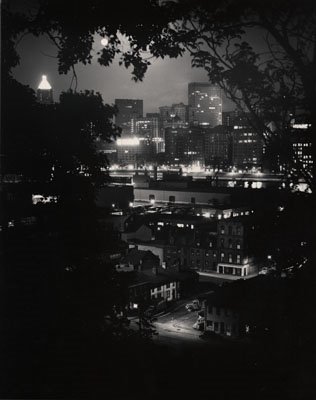The mornings are his,
blue and white
like the tablecloth at breakfast.
He’s happy in the house,
a sweep of the spoon
brings the birds under his chair.
He sings and the dishes disappear.
Or holding a crayon like a candle,
he draws a circle.
It is his hundredth dragonfly.
Calling for more paper,
this one is red-winged
and like the others,
he wills it to fly, simply
by the unformed curve of his signature.
Waterwings he calls them,
the floats I strap to his arms.
I wear an apron of concern,
sweep the morning of birds.
To the water he returns,
plunging where it’s cold,
moving and squealing into sunlight.
The water from here seems flecked with gold.
I watch the circles
his small body makes
fan and ripple,
disperse like an echo
into the sum of water, light and air.
His imprint on the water
has but a brief lifespan,
the flicker of a dragonfly’s delicate wing.
This is sadness, I tell myself,
the morning he chooses to leave his wings behind,
because he will not remember
that he and beauty were aligned,
skimming across the water, nearly airborne,
on his first solo flight.
I’ll write “how he could not
contain his delight.”
At the other end,
in another time frame,
he waits for me—
having already outdistanced this body,
the one that slipped from me like a fish,
floating, free of itself.
Comment: Happy Mother's Day from the Poetry Foundation. This poem made me tear up. There is so much love and beauty in the details of watching your child grow up. But there is always an underlying tenderness because we know all of those little moments are ephemeral. Time marches mercilessly on. It is as Nabokov's poet wrote in Pale Fire, "The melancholy and the tenderness/Of mortal life; the passion and the pain."
Comment: Happy Mother's Day from the Poetry Foundation. This poem made me tear up. There is so much love and beauty in the details of watching your child grow up. But there is always an underlying tenderness because we know all of those little moments are ephemeral. Time marches mercilessly on. It is as Nabokov's poet wrote in Pale Fire, "The melancholy and the tenderness/Of mortal life; the passion and the pain."


No comments:
Post a Comment